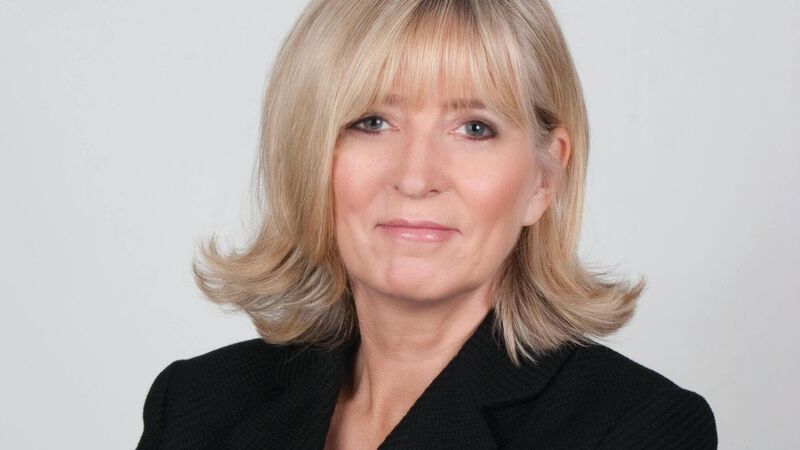O’Reilly urges European Parliament to implement reforms of rules governing MEPs’ declarations of interest

European Ombudsman Emily O’Reilly has urged the European Parliament to implement reforms of rules governing MEPs’ declarations of interest ahead of the forthcoming parliamentary elections.
European Ombudsman Emily O’Reilly has urged the European Parliament to implement reforms of rules governing MEPs’ declarations of interest ahead of the forthcoming parliamentary elections.
She said these reforms, brought in after the so-called Qatargate corruption scandal, need to be implemented “as quickly as possible”.










